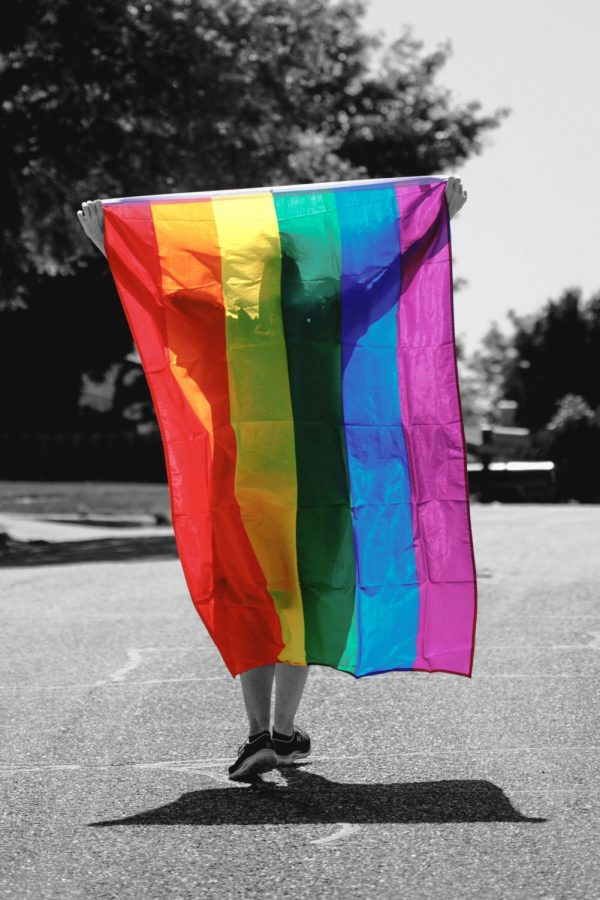In 2015, the Supreme Court ruled that same-sex marriage was legal in all 50 states.
It was a turning point for the LGBTQ+ communities that helped promote their representation and acceptance. But the ugly reality is that the LGBTQ community is not fully protected by the government.
Aimee Stephens, a 59-year-old transgendered woman, worked at a funeral home for about six years supporting families. When she first started working, she identified as a male. In 2013 Aimee transitioned to a female, in which she informed her employer of in a letter.
Despite how Stephens’s work ethic and abilities to work would be the same, two weeks later Stephens was unemployed.
Between 15 percent to 43 percent of lesbian, gay, bisexual or transgender workers have experienced workplace discrimination. There is no federal law that protects LGBTQ+ members from discrimination against them for their sexual orientation or sexual identity, meaning that employers are free to fire those in the LGBTQ+ community without consequences.
Stephens filed a complaint against her previous employer, R.G. & G.R. Harris Funeral Homes Inc. on accounts of discrimination because of her sex, with the Equal Employment Opportunity Commission (EEOC).
As the case is heard under Supreme Court, the decision made by the court will have a prolonged effect on the transgender population in the nation. If Stephens wins her case by chance, for the first time in history, the transgender community will have nondiscrimination protections under the federal law. However if the case doesn’t go as planned, when transgender individuals get equal rights under the eyes of the law is undetermined and unpredictable.
Stephens isn’t the first transgender to speak in front of the Supreme Court, but her case is the first to directly deal with transgender rights under the eyes of the law.
Cases where members of the LGBTQ+ community were discriminated against and fired by their employers due to their sexual orientation or sexual identity, are more common than they seem.
Don Zarda is another instance where an individual in LGBTQ+ community was discriminated against. Zarda worked as a skydiving instructor at Altitude Express, a company on Long Island, New York.
In 2010, Zara and a co-worker took a couple up to skydive. While strapping himself to the female client, he infored her that he was gay in hopes of making her feel more comfortable with their closeness due to safety procedures. The client later complained to Zara’s employer, resulting in him losing his job soon after.
Right after the jump, he was fired for coming out to the woman. Sadly, Zarda died in a skydiving accident in 2014. His partner, Bill Moore and his sister, Melissa Zarda, are still continuing his fight at the Supreme Court in the Altitude Express, Inc. v. Zarda case.
Employees should not be fired based on their sexuality. It doesn’t matter if you are gay, transgender or identify as something other than what society accepts as “normal.”
Despite how there aren’t national LQBTQ+ worker protection laws, the District of Columbia, two territories (Guam and Puerto Rico) and 21 other states have passed laws explicitly banning bias in the workplace based on sexual orientation and gender identity.
Though the LGBTQ+ community doesn’t have all the rights it deserves, they have progressed quite a bit throughout 2019.
Passed by the house in May and currently in the senate, the Equality Act, a comprehensive federal pro-LGTBQ+ act that has progressed the furthest, guarantees protections to those in the LGBTQ community, in employment, education, housing, and etc.
The LGBTQ+ community also has made progress in states such as Oregon and New Jersey, who’ve both passed laws allowing those to identify how they please on their birth certificate and death certificates.
Though these victories are small, they are still significant. It is still only the beginning for the LGBTQ community.



